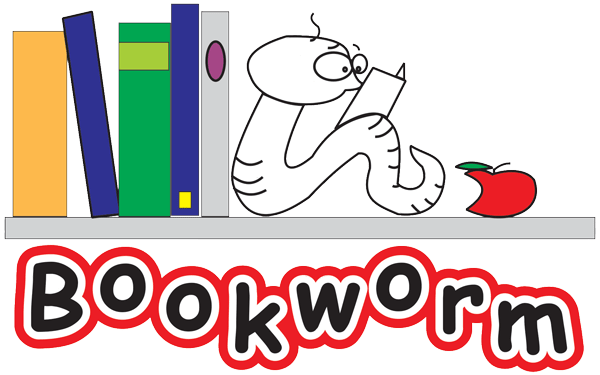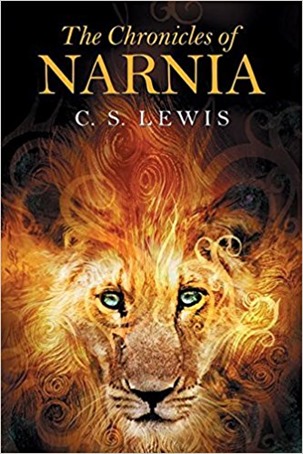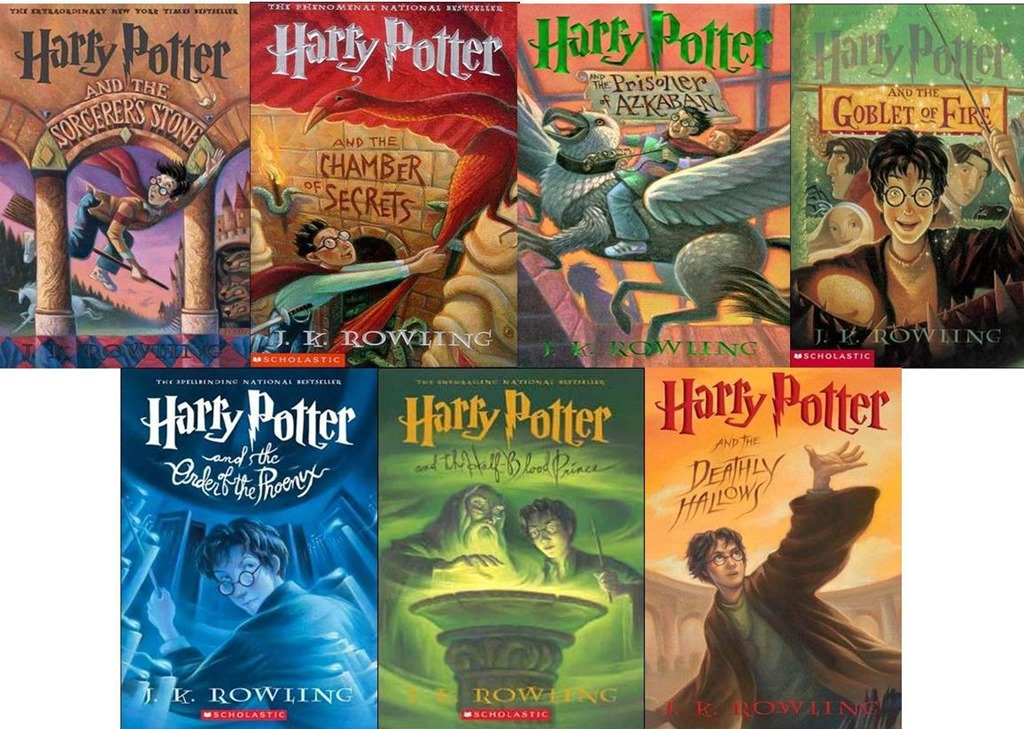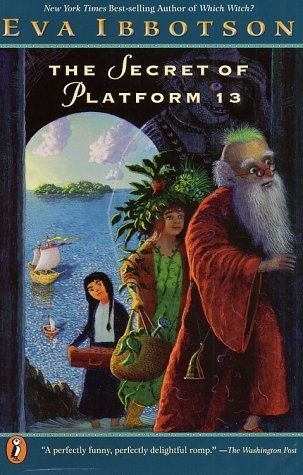“Come with me where dreams are born, and time is never planned…” – Peter Pan
Fantasy as a genre has always been my favorite; fantasy books are the ones I come back to again and again, the ones I read and reread, the ones I analyze to the point of memorization and the ones I enjoy more than ever with each passing year.
While preparing for my book talk, I knew I wanted to do a fantasy themed book but I couldn’t settle on which. In the end, I gathered together a set of 3 books, not my absolute favorites, but books that had made me think, made me see similarities and differences; books that had disarrayed their surface impressions as I read them again and again.
The first book I chose was ‘The chronicles of Narnia’ (by C.S.Lewis), the first set of Fantasy novels I read, when I was young. Prior to that fairies and little elves were common occurrences in the Enid Blytons we ran through as children; but Narnia was my first definite step into the fantasy world. With its captivating text, and words that drew up fantabulous images in one’s mind, Narnia became my favorite book, to be faithfully returned to, every time I remembered some aspect of this new world.
It was only later, as I started exploring the origins of these chronicles that I came across the vast parallelism between the chronicles and the Christian faith. Suffice to say, my next delving into the chronicles was accompanied by even newer realizations and understandings than before!
The second book, or rather series, that I chose to talk about, was Harry Potter (by J.K.Rowling). This has been a source of much opinions and views at home, mainly because this was the first (and only) book that, as children, we were asked not to read. This of course resulted in a lot of incredulous questions and arguments, not many of which are totally resolved.
The basic tenet behind this denial was the black magic influence that seeps through most of the later books in the series. However as children, we steadfastly protested against this so called ban, and as we grew older, the choice became ours. Thus when I finally opened the first Potter book, I was about 16 years old, and by then most of my pro-reading friends had re read the entire series at least 5 times.
By this time my curiosity was so high that I devoured the books, skimming over anything that blocked my view of what would happen next! However, after a second and third reading of the series, I also realized what I didn’t like about the book.
In contrast to Narnia, in which there is a very open, free choice of which world one wishes to be in, the Harry Potter series brought forth a very distinct and stark division between our or the ‘muggle’ world and the ‘Magical world’. The entire view and stance towards ‘non magical’ people is condescending and a definite superior-inferior attitude seeps through. I found the series quite addictive but definitely one that raises a lot of questions.
The third book I chose was a sweet simple, innocent and good humored book. ‘The secret of Platform 13’ by Eva Ibbotson, was one of the latest fantasy books I have read and one which I thoroughly enjoyed. Similar to Harry Potter in some senses (when Harry Potter first came out, many people remarked that Ibbotson should sue for plagiarism), the book talks about two worlds, our own and the other.
The opening between these two worlds is through platform 13, which opens up every 9 years and only stays open for 9 days. During one such opening, a baby prince from the magical world accidentally gets left behind and the opening closes. This book begins 9 years later, as a rescue team sets out to bring the prince back. A lighthearted book full of good humor and pure joy!
“Fantasy is a way of looking at life through the wrong end of the telescope.” – Dr. Seuss
Image Courtesy: Google



